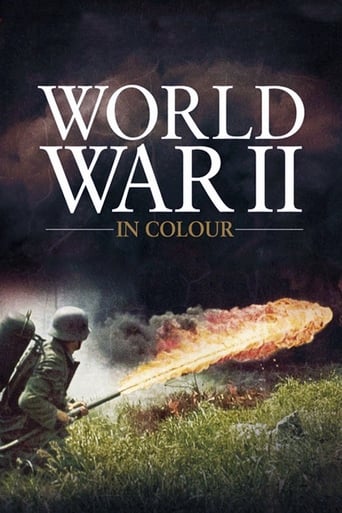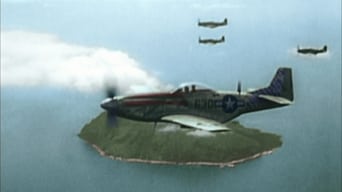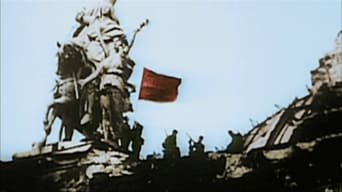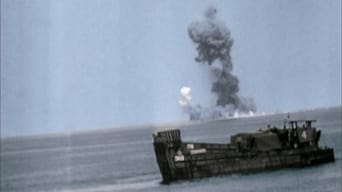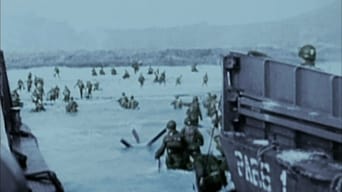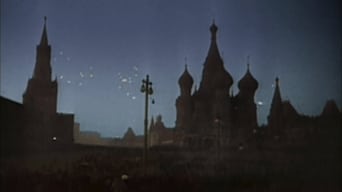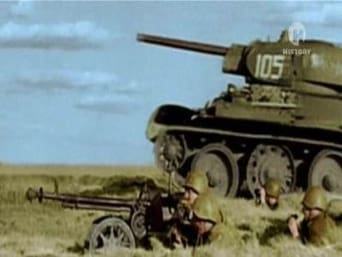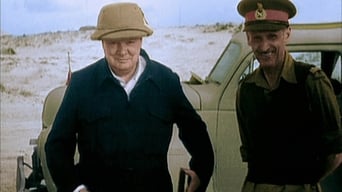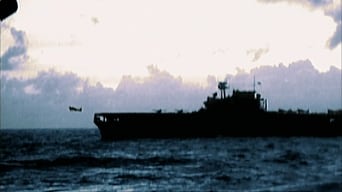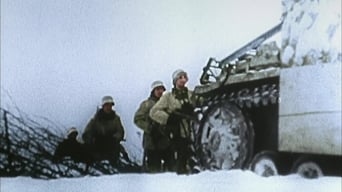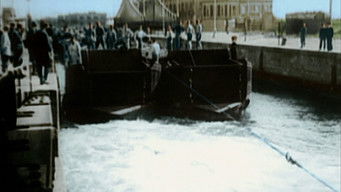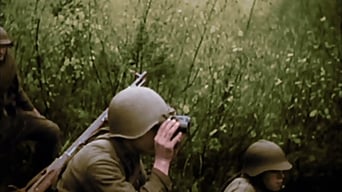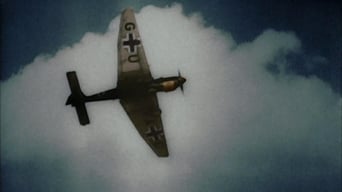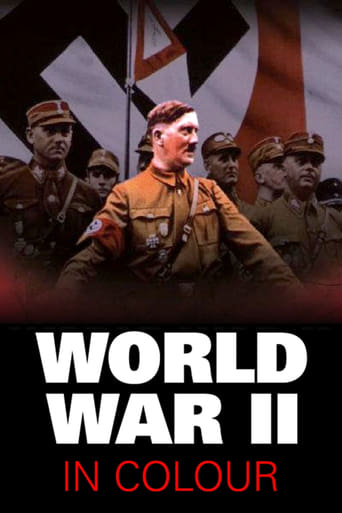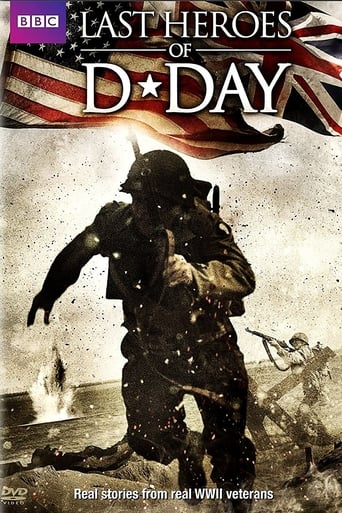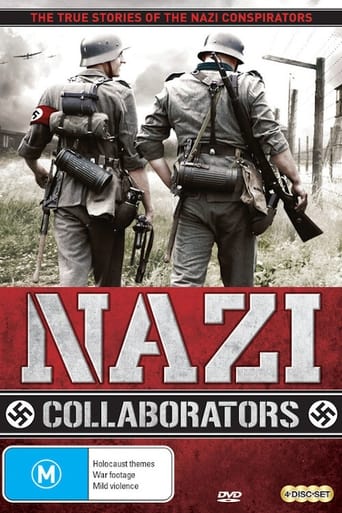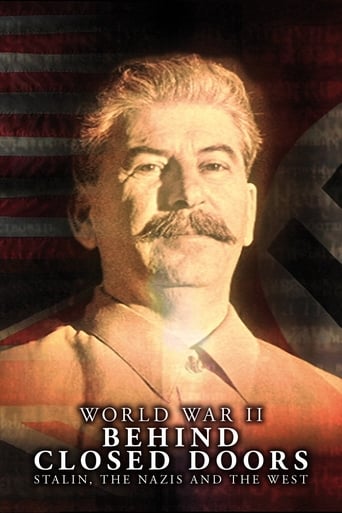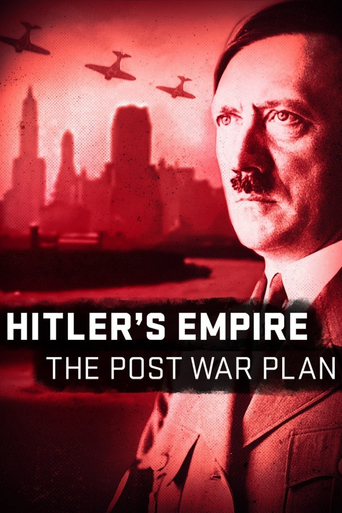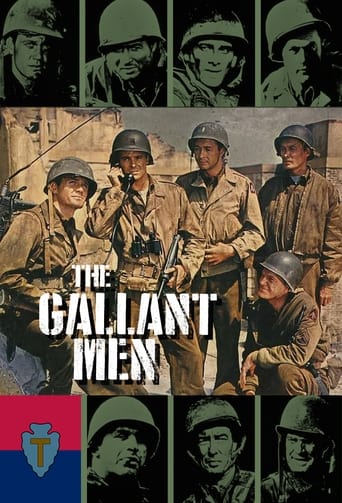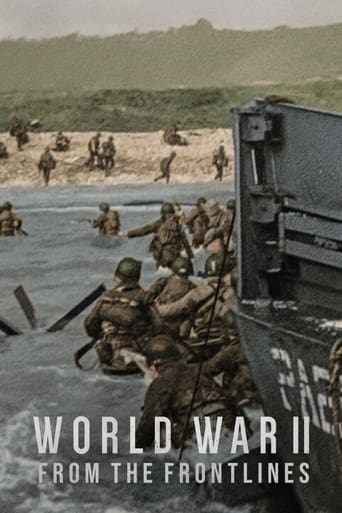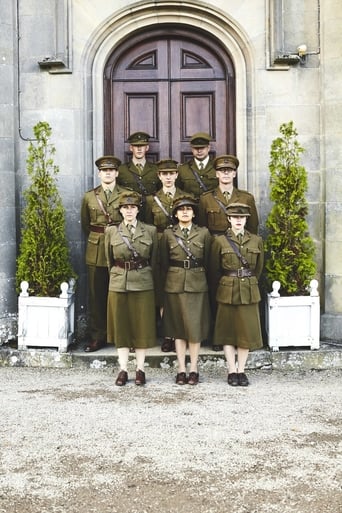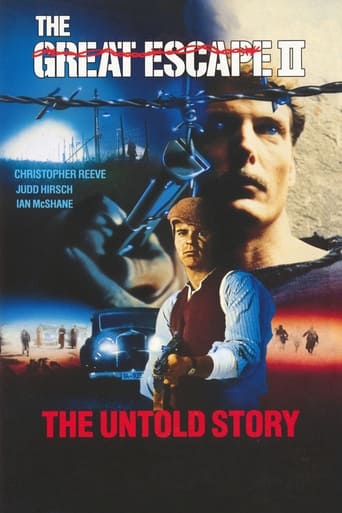World War II in Colour Season 1
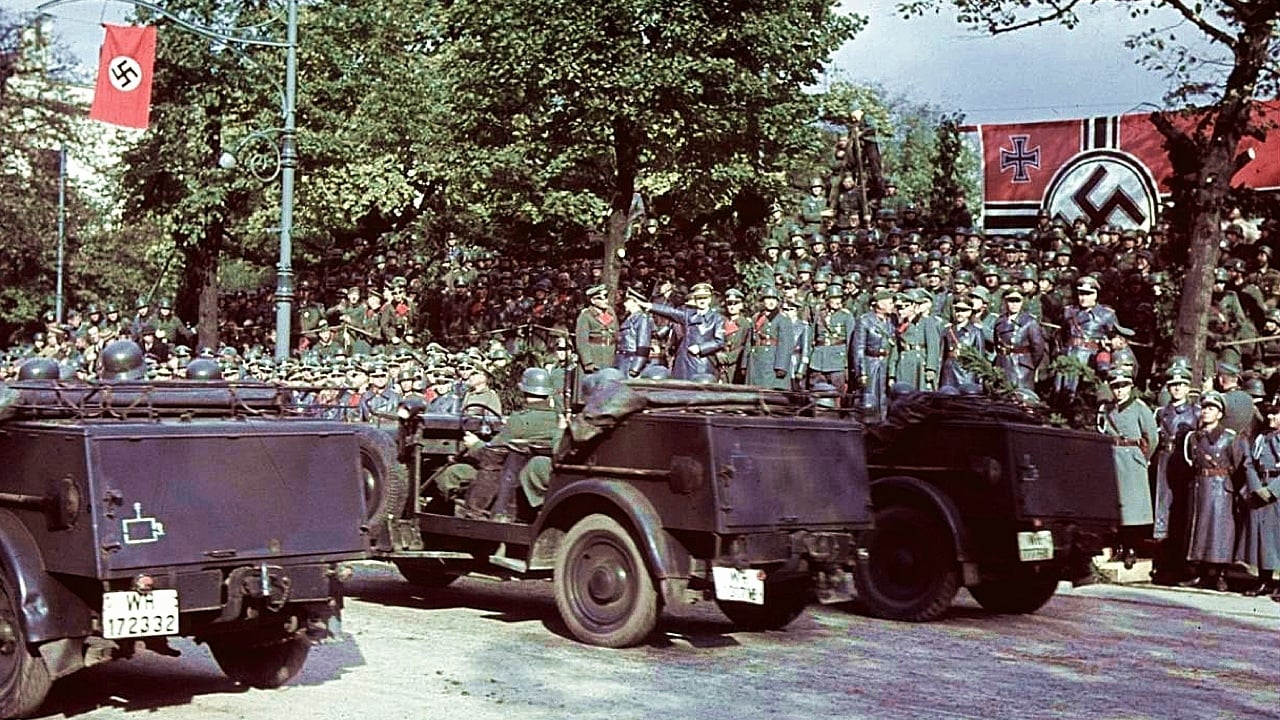
World War II In Colour is a 13-episode television documentary miniseries recounting the events of World War II narrated by Robert Powell. The show covers the Western Front, Eastern Front, and the Pacific War. It is on syndication in America on the Military Channel. This series is in full color, combining both original and colorized footage.
Watch NowWith 30 Day Free Trial!
World War II in Colour
2009 / TV-PG
Rare footage, state-of-the-art colorization and newly uncovered documents are used in this examination of the strategies and battles of World War II.
Watch Trailer
With 30 Day Free Trial!
World War II in Colour Season 1 Full Episode Guide
With Germany beaten, the Allies turned their attention to Japan, who made them pay for every inch of gained ground.
Allied forces converge on Germany, uncovering the horrors of Bergen-Belsen and Buchenwald, before pushing towards Berlin, where Hitler clings to power in his last desperate days.
The war in the Pacific against Japan was a savage, hand-to-hand, island-to-island struggle, fought by new specialist fighting units like the valiant Chindits.
The Battle of the Bulge saw Hitler take his last great gamble, throwing his reserve forces against the oncoming Allies in the Ardennes.
How close did D-Day come to failure? Despite meticulous planning, deception plans and specialised equipment, its success was always balanced on a knife-edge.
By July 1943, the full extent of Hitler’s failed gamble in the East had become clear. After failing to deliver knock-out blows at Stalingrad and Moscow, his army was now at the mercy of the vast Soviet war machine. With its huge resources and seemingly limitless numbers of men, the Red Army slowly pushed the Germans back out of Russia through Ukraine, Poland, the Balkans and Hungary. This was war on a monster scale, pitching armies of millions against each other. But it was also a war fought by small bands of partisans, men like Tito in Yugoslavia, leading guerrilla bands against Nazi forces.
Nazi submarines tried to cut supply lines across the Atlantic, while the Allies fire-bombed German cities.
Mussolini’s ambition had always been to recreate the old Roman Empire. The trouble was, he was a disaster militarily. After failed attacks in North Africa and Greece, his armies were on the run. Hitler now faced a difficult choice. Did he divert troops needed at other fronts to support his ally, ordid he let Mussolini fall? Hitler chose to support him —a decision that would spell disaster for both of them. Hitler would lose hundreds of thousands of troops and Mussolini would lose his life. This episode tells the extraordinary story of the war in North Africa and features the heroics of the tiny island of Malta as it withstood wave after wave of Nazi assault. It ends with the Allies fighting their way up Italy and Germany in retreat.
December 7th 1941 is “a date that will live in infamy”proclaimed President Franklin Roosevelt. That was the day that Japan entered World War II, with its surprise attack upon theU.S. Fleet in Pearl Harbor. Japan swiftly followed this up with the defeat of a huge British army in Singapore. For a while Japan was rampant in the Pacific. But gradually, America, the sleeping giant, awoke. The war that would follow would be characterized by major innovations.
When Hitler expounded his intention to invade Russia his generals looked at him in horrified silence. The Soviet Union was vast and had matchless resources. Hitler’s whole plan depended upon striking a swift and decisive knock-out blow. A long, drawn-out war would ensure a loss for Germany. Hitler was certain his forces could do it since no country had yet defeated them, but here had never been a military gamble like this. This episode covers Stalingrad and the battle of Kursk, the biggest tank battle in all history.
In July 1940, Britain stood alone against the Nazis. Hitler had more troops, abetter air force and the better weapons. Britain came extremely close to defeat, as its exhausted air force struggled to fight off the German Luftwaffe. However, because of critical errors by the Luftwaffe commander Hermann Goering, Britain was able to regroup. Then using its brilliant team of code crackers and specially trained spies, Britain began the fight back, working alongside the resistance movements in the occupied territories.
The German Blitzkrieg allowed them to overrun both Poland and France within weeks. See how this radical military tactic caught the Allies totally unprepared.
Just years after World War I, Germany and other nations are in an economic depression. Leader approval ratings of Germany, Italy, Japan and Spain are shallow, giving the rise to military dictators along with their parties. Years after Adolf Hitler becomes Chancellor of Germany, he and his generals plot the invasion of Poland.
Free Trial Channels
Seasons


